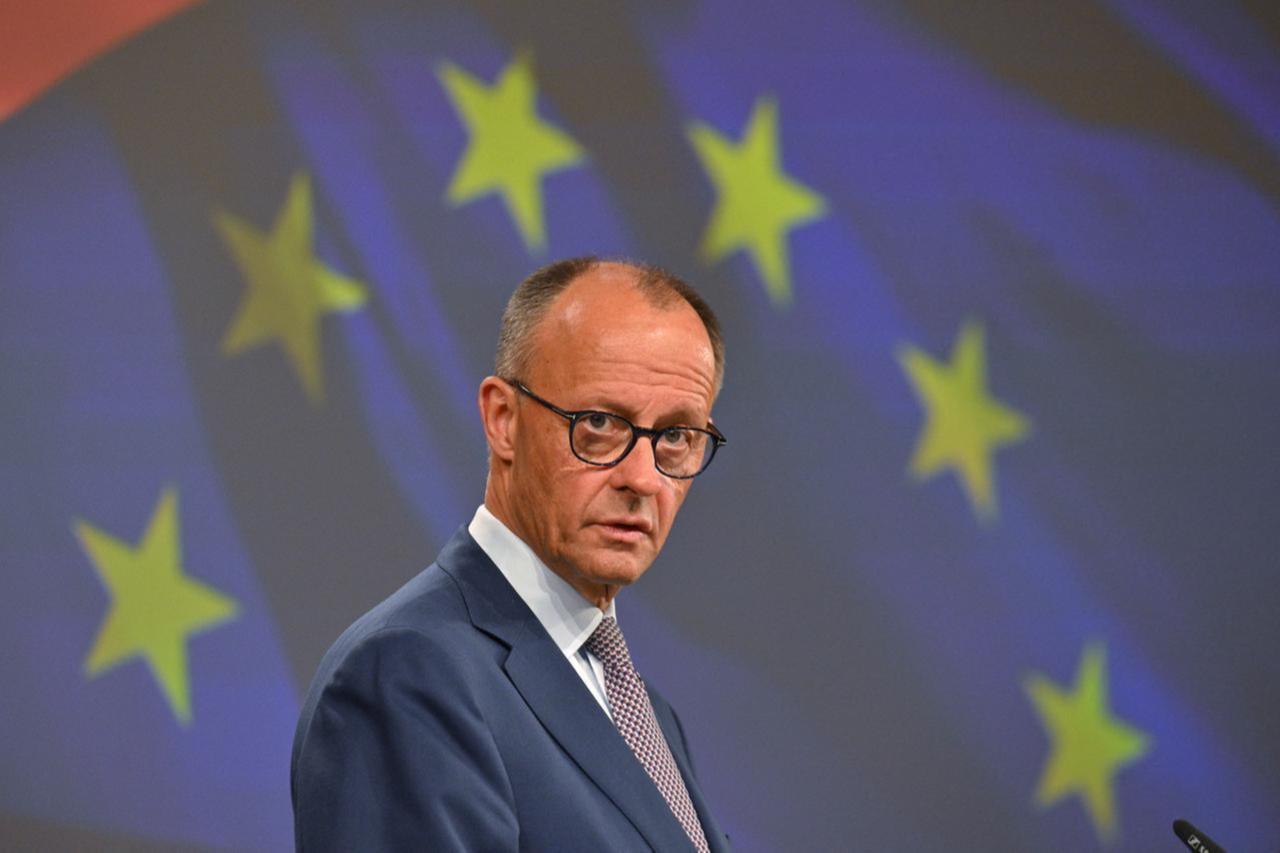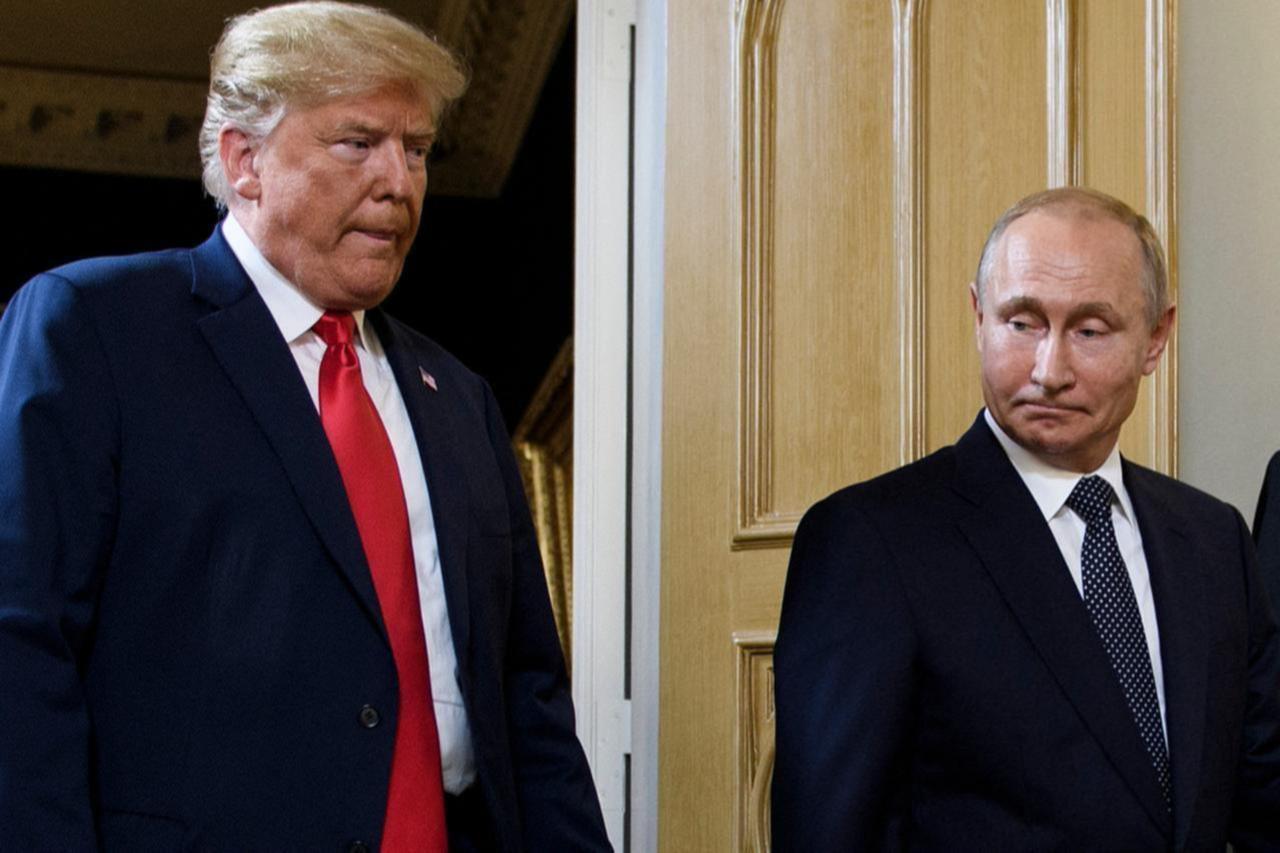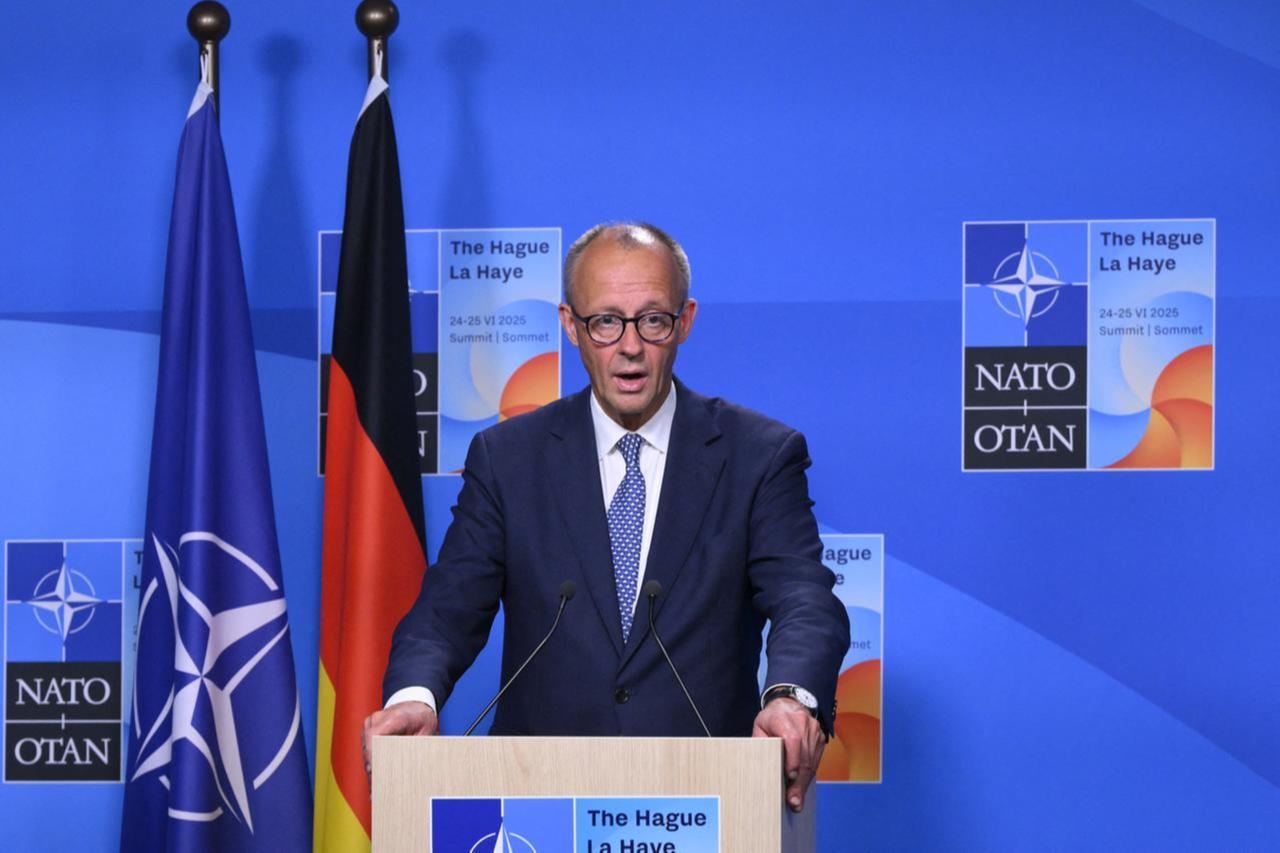
German Chancellor Friedrich Merz laid out European conditions Wednesday for the upcoming U.S.-Russia summit, demanding that Ukrainian interests remain protected as President Donald Trump prepares to meet with his Russian counterpart in Alaska on Friday.
Speaking alongside Ukrainian President Volodymyr Zelenskyy in Berlin following a videoconference with Trump, Merz outlined five key principles that European leaders expect the American president to uphold during negotiations in Anchorage.
"Fundamental European and Ukrainian security interests must be safeguarded in Alaska," Merz said at the joint news conference. "That was the message we as Europeans conveyed to US President Trump today, and I can say we were in strong agreement both in our assessment of the current situation and in the achievable goal for next Friday."
The German leader expressed cautious optimism about the summit's potential while emphasizing European unity on Ukraine's future. European leaders spent recent days coordinating their position with U.S. officials ahead of the high-stakes meeting.

Merz detailed specific expectations for any peace negotiations emerging from the Alaska talks. First, he insisted Ukraine must participate directly in follow-up discussions. Second, he called for a structured negotiation sequence beginning with a ceasefire, followed by a comprehensive framework agreement.
On territorial questions, the chancellor acknowledged Ukrainian willingness to negotiate but set firm boundaries. "Ukraine is willing to negotiate on territorial issues, but the so-called line of contact must be the starting point," he said. "And legal recognition of Russian occupation in Ukraine is not up for debate. The principle that borders may not be changed by force must continue to apply."
The German leader also demanded robust security guarantees for Kyiv, including long-term Western military support and Ukraine's ability to defend its sovereignty effectively. He emphasized that any negotiations must align with broader transatlantic strategy to maximize success prospects.

Merz warned of consequences should Russia fail to demonstrate diplomatic flexibility during the Alaska summit. "If there is no movement on the Russian side in Alaska, then the US and we Europeans should and must increase the pressure," he said, referring to potential additional sanctions against Moscow.
The chancellor reported positive reception from Trump regarding European positions. "President Trump is aware of this position and has largely endorsed it. And that's why I can say we had a truly exceptionally constructive and positive conversation," Merz added.
The videoconference included leaders from France, the United Kingdom, Italy, Poland and Finland, along with European Commission President Ursula von der Leyen, European Council President Antonio Costa and NATO Secretary General Mark Rutte.
"We Europeans are therefore doing everything in our power to set the course for this meeting in the right direction. We want President Donald Trump to succeed on Friday in Anchorage," Merz said, underscoring European hopes for diplomatic progress while maintaining firm red lines on Ukrainian sovereignty.